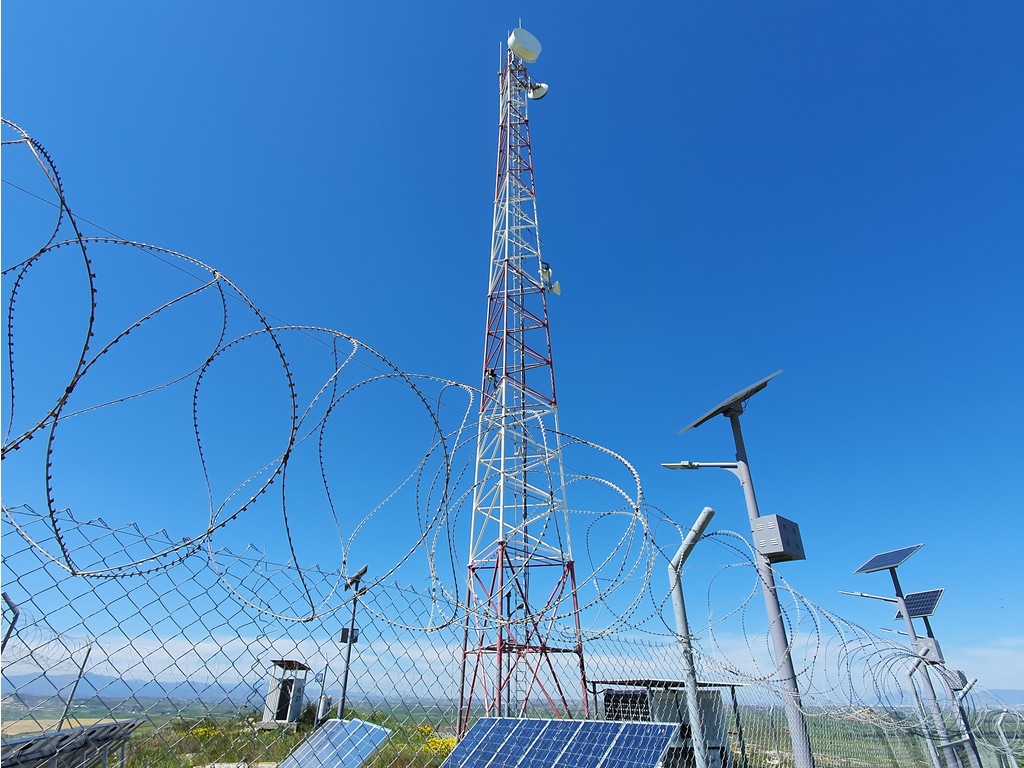Bringing telecoms infrastructure to net zero in rural Nigeria through solar microgrids. This is the aim of a new agreement between mobile phone operator Hotspot Network and Husk Power Systems, a provider of solar microgrids.
According to the two partners, the initiative will see 100 telecoms towers that still run on diesel switched to solar power by June 2023. “In Nigeria, 25,000 telecom towers and their base transceiver stations (BTS) use 1.25 million litres of diesel per day. If converted to solar, our project will avoid at least 50 tonnes of CO2 emissions per year,” says Husk Power. The company was founded in 2008 and is headed in Nigeria by Olu Aruike.
This project, already 20% tested, is an alternative for Hotpost, which like most companies in the world is facing the energy crisis exacerbated by the conflict between Russia and Ukraine. According to its founder Morenikeji Aniye, the aim is to digitise rural communities (24 hours a day, 7 days a week) and to strengthen their connection to the national electricity grid through clean energy solutions, particularly solar power.
Read also-NIGERIA: NSIA grants $24 million to Solar Power Naija electrification program
In 2021, at COP 26 in Glasgow, solar mini-grid provider Husk Power Systems announced the construction of 5,000 renewable energy mini-grids to power rural communities and micro, small and medium enterprises (MSMEs) by 2030. The company has a portfolio of 130 operational green mini-grids in India, Nigeria and Tanzania.
Benoit-Ivan Wansi
